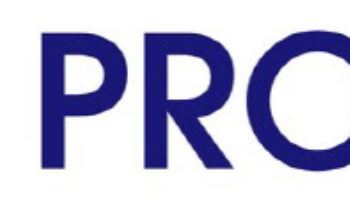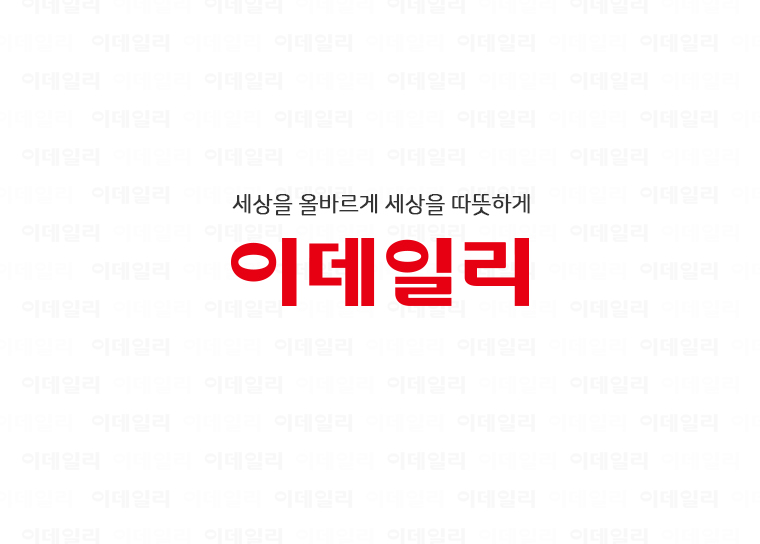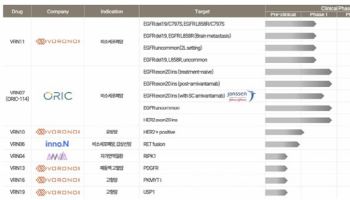[By Yoo Sung, Head of Bio Platform Center, Edaily] SEOUL, South Korea. A mouse driven to a corner will sometimes resist its predator in a last desperate fight. A small biotech firm defying the government resembles such a mouse challenging a cat.
The ongoing legal battles between Medytox and Korea’s Ministry of Food and Drug Safety (MFDS) exemplify this dynamic. As the sole authority on drug approvals, the MFDS wields near-absolute power over biotech companies, often appearing more formidable than the proverbial cat. For Medytox, these lawsuits are a matter of corporate survival.
From Ingredient Change to License Cancellation The dispute dates back to 2020, when the MFDS accused Medytox of altering the manufacturing process for its botulinum toxin (Botox) product. On those grounds, the ministry issued temporary suspensions on manufacturing, sales, and use of the product. Soon after, it escalated the action by cancelling the product license outright, citing violations of the Pharmaceutical Affairs Act.
Medytox countered that the manufacturing method change had already been phased out and that suspending production and sales of sold-out batches was unjustified. The company further argued that the adjustment involved only a filling process change, not an actual ingredient change, and sought to overturn the license cancellation.
Medytox Wins Across All Courts The courts sided with Medytox at every stage: first instance, appeals, and the Supreme Court. The highest court ruled that the revised manufacturing method was not meaningfully different from the previously approved one, and that the MFDS had violated both the principle of equality and the principle of trust protection in its rulings.
Despite this, the MFDS did not relent. Later that year, it issued further sanctions, claiming Medytox exported products such as Meditoxin and Coretox without national batch release approval by selling them through domestic wholesalers. Again, the ministry imposed suspensions and license cancellations.
 | | Image by ChatGPT |
|
Legal Precedent on Indirect Exports Medytox filed another appeal. In 2023, the Daejeon District Court ruled in the company’s favor, noting that under Korea’s Foreign Trade Act, exports whether direct or indirect fall outside the Pharmaceutical Affairs Act’s scope. Moreover, the MFDS had long tolerated indirect export practices in the industry.
In 2024, the Daejeon High Court upheld the ruling, clarifying that supplying drugs to domestic exporters constituted indirect exports, not “sales” under the Act. Therefore, Medytox’s activities were deemed legal. The only remaining issue is Medytox’s appeal over a one-month sales suspension penalty imposed in the second trial, which is still under review at the Supreme Court.
MFDS Retaliation and Industry Concerns Stung by repeated defeats, the MFDS recently imposed a 456 million won (approx. $3.3 million) fine on Medytox, once again citing deviations from approved manufacturing methodsthe very grounds on which it had already lost.
For biotech firms, license cancellation is tantamount to corporate execution. For a company like Medytox, engaged in global competition against multinational Botox makers, such regulatory action amounts to unilateral disarmament.
The industry now questions whether the MFDS serves Korea’s biotech ambitions or undermines them. If the regulator truly sought to foster K-Bio’s global rise, such disputes might never have occurred. One hopes speculation that rival firms’ complaints spurred these sanctions proves unfounded.





![HansBiomed Extends Rally, Il-Dong Reverses After One Day[K-Bio Pulse]](https://image.edaily.co.kr/images/vision/files/NP/S/2025/10/PS25100100132b.jpg)



![이틀째 급등 한스바이오·하루만에 하락 반전 일동제약[바이오맥짚기]](https://image.edaily.co.kr/images/vision/files/NP/S/2025/10/PS25100100128b.jpg)


